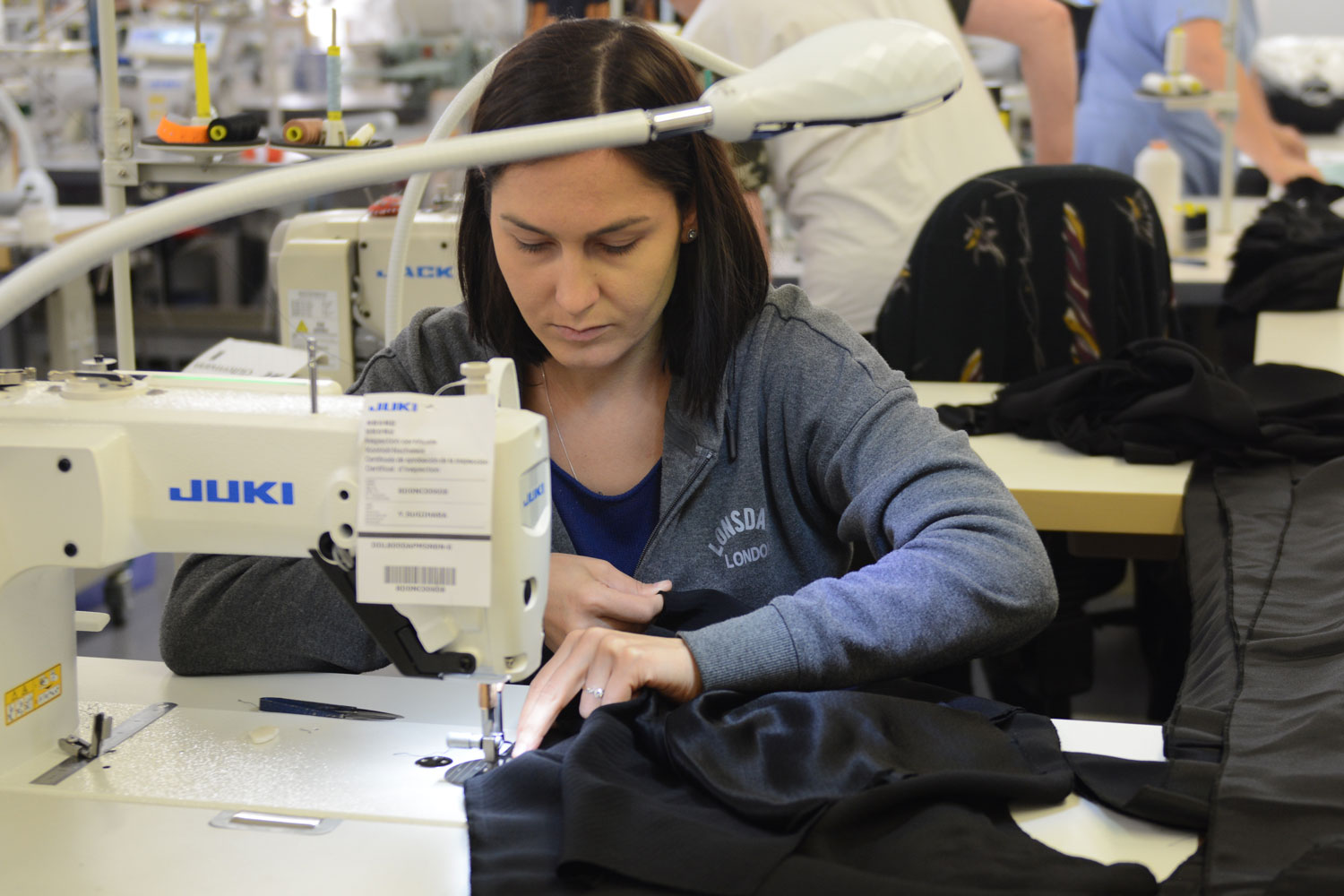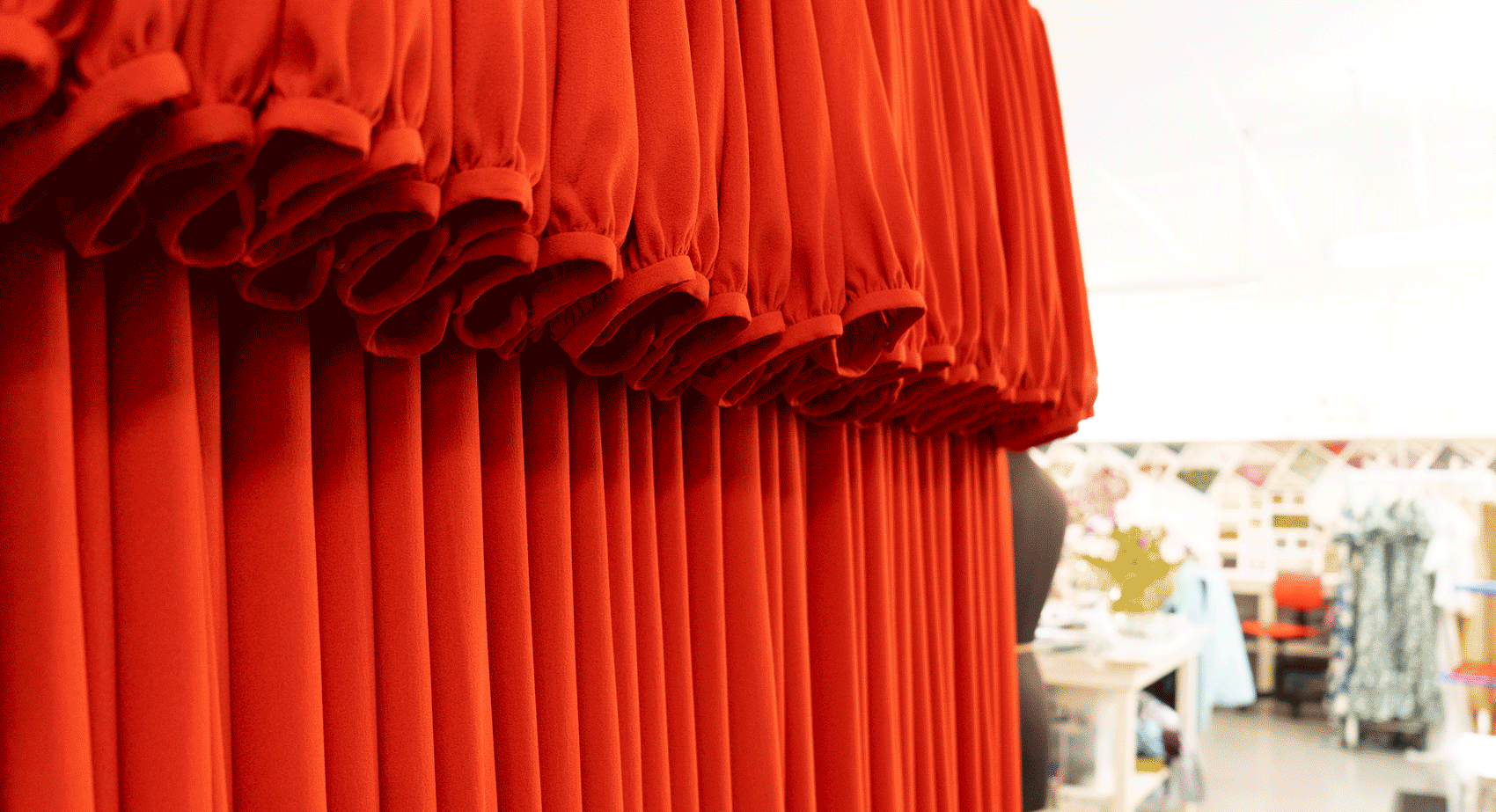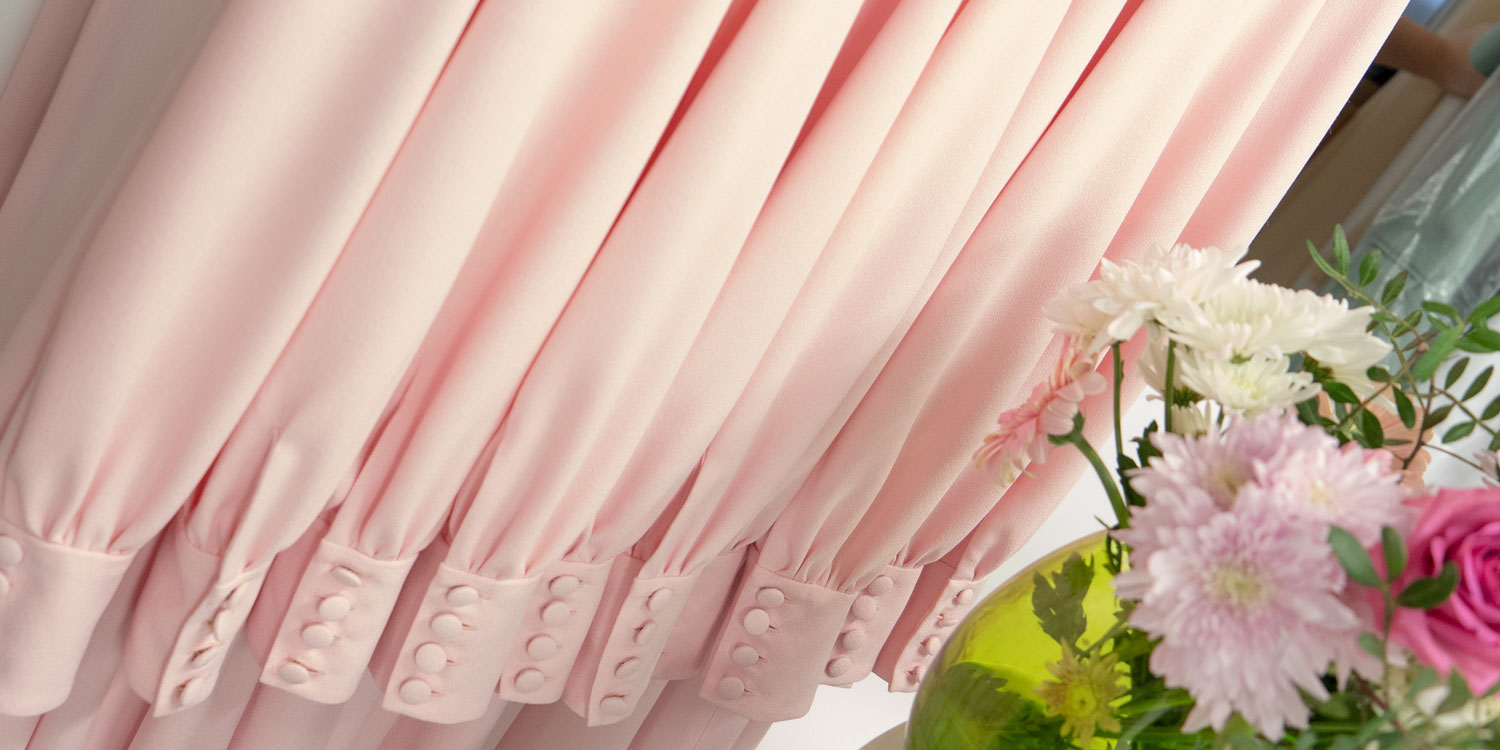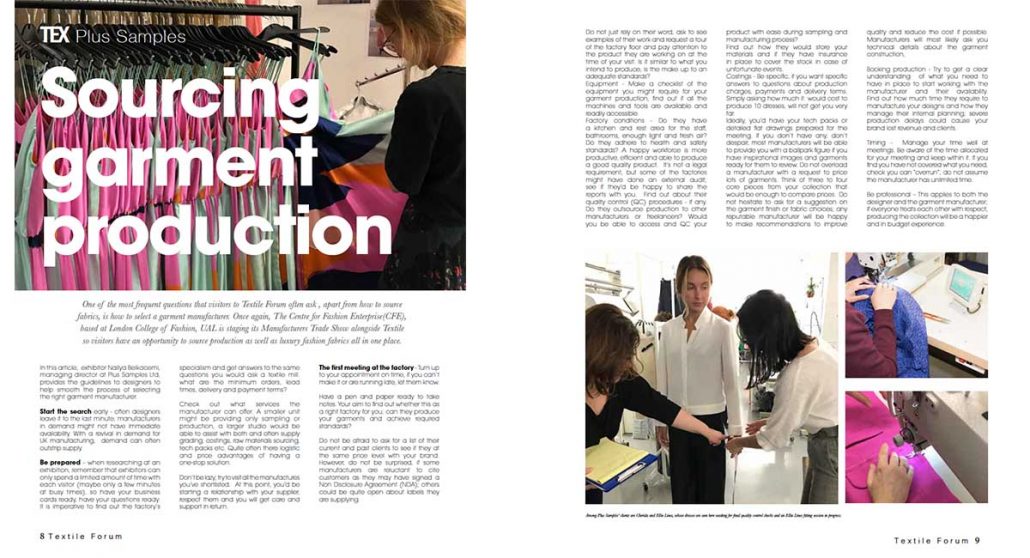
SOURCING GARMENT PRODUCTION
One of the most frequent questions that visitors to Textile Forum often ask , apart from how to source fabrics, is how to select a garment manufacturer. Once again, The Centre for Fashion Enterprise(CFE), based at London College of Fashion, UAL is staging its Manufacturers Trade Show alongside Textile so visitors have an opportunity to source production as well as luxury fashion fabrics all in one place.
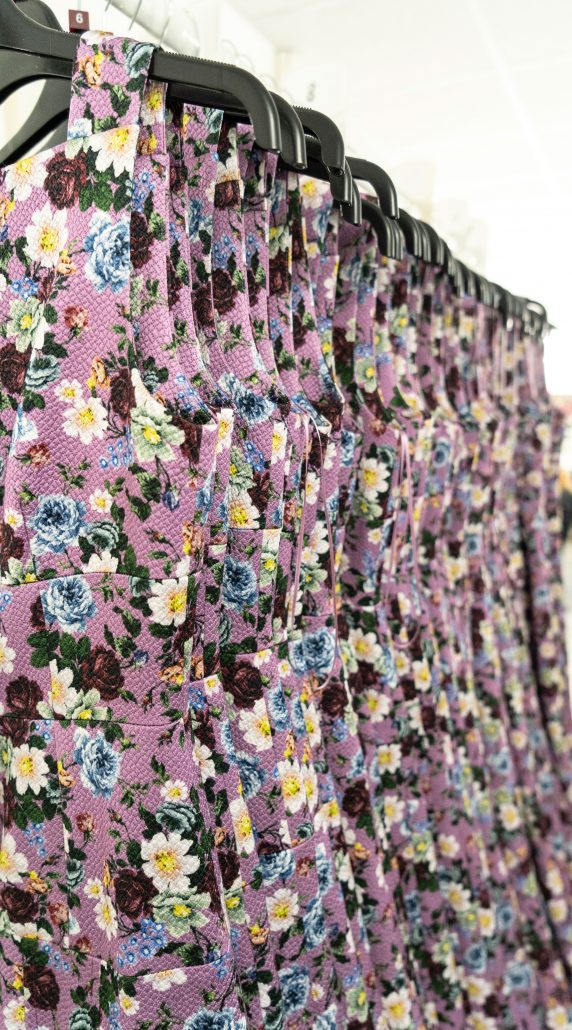
In this article, exhibitor Nailya Belkacemi, managing director at Plus Samples Ltd, provides the guidelines to designers to help smooth the process of selecting the right garment manufacturer.
Start the search early
often designers leave it to the last minute; manufacturers in demand might not have immediate availability. With a revival in demand for UK manufacturing, demand can often outstrip supply.
Be prepared
when researching at an exhibition, remember that exhibitors can only spend a limited amount of time with each visitor (maybe only a few minutes at busy times), so have your business cards ready, have your questions ready. It is imperative to find out the factory’ specialism and get answers to the same questions you would ask a textile mill: what are the minimum orders, lead times, delivery and payment terms?
Check out
what services the manufacturer can offer. A smaller unit might be providing only sampling or production, a larger studio would be able to assist with both and often supply grading, costings, raw materials sourcing, tech packs etc. Quite often there logistic and price advantages of having a one-stop solution.
Don’t be lazy
try to visit all the manufactures you’ve shortlisted. At this point, you’d be starting a relationship with your supplier, respect them and you will get care and support in return.
The first meeting at the factory –
Turn up to your appointment on time, if you can’t make it or are running late, let them know.
Have a pen and paper ready to take notes. Your aim to find out whether this as a right factory for you; can they produce your garments and achieve required standards?
Do not be afraid to ask for a list of their current and past clients to see if they at the same price level with your brand. However, do not be surprised, if some manufacturers are reluctant to cite customers as they may have signed a Non Disclosure Agreement (NDA); others could be quite open about labels they are supplying.
Do not just rely on their word, ask to see examples of their work and request a tour of the factory floor and pay attention to the product they are working on at the time of your visit. Is it similar to what you intend to produce, is the make up to an adequate standards?
Equipment –
Make a checklist of the equipment you might require for your garment production, find out if all the machines and tools are available and readily accessible.
Factory conditions –
Do they have a kitchen and rest area for the staff, bathrooms, enough light and fresh air?
Do they adhere to health and safety standards?
A happy workforce is more productive, efficient and able to produce a good quality product.
It’s not a legal requirement, but some of the factories might have done an external audit; see if they’d be happy to share the reports with you. Find out about their quality control (QC) procedures – if any. Do they outsource production to other manufacturers or freelancers? Would you be able to access and QC your product with ease during sampling and manufacturing process?
Find out how they would store your materials and if they have insurance in place to cover the stock in case of unfortunate events.
Costings –
Be specific, if you want specific answers to questions about production charges, payments and delivery terms.
Simply asking how much it would cost to produce 10 dresses, will not get you very far.
Ideally, you’d have your tech packs or detailed flat drawings prepared for the meeting.
If you don’t have any, don’t despair, most manufacturers will be able to provide you with a ballpark figure if you have inspirational images and garments ready for them to review.
Do not overload a manufacturer with a request to price lots of garments. Think of three to four core pieces from your collection that would be enough to compare prices.
Do not hesitate to ask for a suggestion on the garment finish or fabric choices; any reputable manufacturer will be happy to make recommendations to improve quality and reduce the cost if possible. Manufacturers will most likely ask you technical details about the garment construction,
Booking production –
Try to get a clear understanding of what you need to have in place to start working with the manufacturer and their availability. Find out how much time they require to manufacture your designs and how they manage their internal planning;
severe production delays could cause your brand lost revenue and clients.
Timing –
Manage your time well at meetings.
Be aware of the time allocated for your meeting and keep within it. If you find you have not covered what you need, check you can “overrun”; do not assume the manufacturer has unlimited time.
Be professional –
This applies to both the designer and the garment manufacturer; if everyone treats each other with respect, producing the collection will be a happier and in budget experience.
Source: TEX Magazine http://www.textileforum.org.uk/past-tex
The Textile Forum is a source of inspiration. Fabrics for all occasions on two floors from leading suppliers from the UK, the continent and beyond. The show attracts fabric buyers from major fashion retailers and brands, establish independent design businesses and start-ups, tailors, craft shops, seemstresses and consumers. To visit the show register here.

